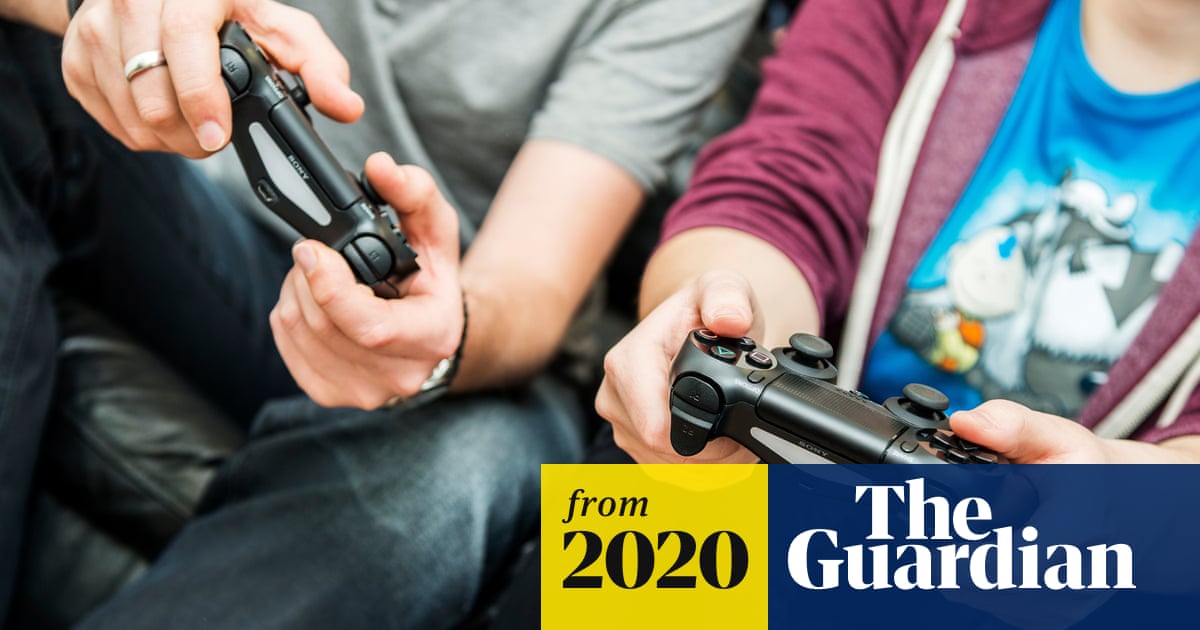Northerner
Admin (Retired)
- Relationship to Diabetes
- Type 1
It is one of the most contentious aspects of video game playing – a debate where opposing sides literally cannot see each other’s perspective. When the Guardian ran an article asking why a large minority of game players invert the Y axis on their controls – meaning that they push their joypad’s thumb stick down to move upwards on the screen – the response was huge. Hundreds of comments vociferously arguing why axis inversion was the only way to navigate a game world, and hundreds more incredulously arguing the opposite.
The purpose of the article was to discover reasons for this dichotomy in visual perception. Was axis inversion just a habit picked up from playing flight simulators or did it point to fundamental differences in how people perceive themselves in virtual worlds? There was no conclusion, but the argument raged on Twitter for days.
Now, one of the scientists interviewed for that article, Dr Jennifer Corbett, co-head of the Visual Perception and Attention Lab at Brunel University London, is taking the matter further. Inspired by the ensuing debate, she and colleague Dr Jaap Munneke have begun an exploratory study looking into the science behind controller inversion. With backgrounds in vision science and cognitive neuroscience, Corbett and Munneke have employed a variety of research methods, from neuro-imaging to computational modelling to psychophysics, in their previous work. Now, with the help of seven psychology students, they will be running remote behavioural and psychophysical experiments using volunteer gamers aged between 18 and 35.

 www.theguardian.com
www.theguardian.com
Interesting bit of non-covid news 🙂
The purpose of the article was to discover reasons for this dichotomy in visual perception. Was axis inversion just a habit picked up from playing flight simulators or did it point to fundamental differences in how people perceive themselves in virtual worlds? There was no conclusion, but the argument raged on Twitter for days.
Now, one of the scientists interviewed for that article, Dr Jennifer Corbett, co-head of the Visual Perception and Attention Lab at Brunel University London, is taking the matter further. Inspired by the ensuing debate, she and colleague Dr Jaap Munneke have begun an exploratory study looking into the science behind controller inversion. With backgrounds in vision science and cognitive neuroscience, Corbett and Munneke have employed a variety of research methods, from neuro-imaging to computational modelling to psychophysics, in their previous work. Now, with the help of seven psychology students, they will be running remote behavioural and psychophysical experiments using volunteer gamers aged between 18 and 35.

'There's a gaping hole in our knowledge': the scientists studying why gamers invert their controls
Our article asking why so many players invert their controls provoked a fierce debate that has now caught the attention of researchers into visual perception
Interesting bit of non-covid news 🙂
